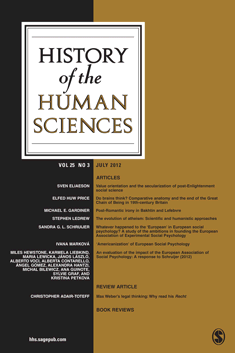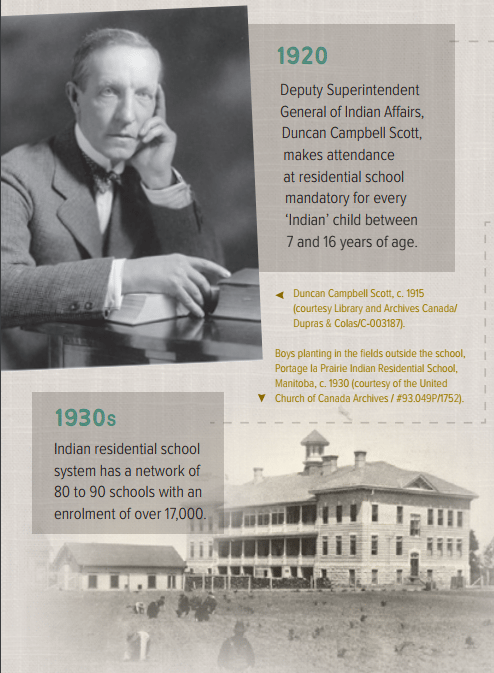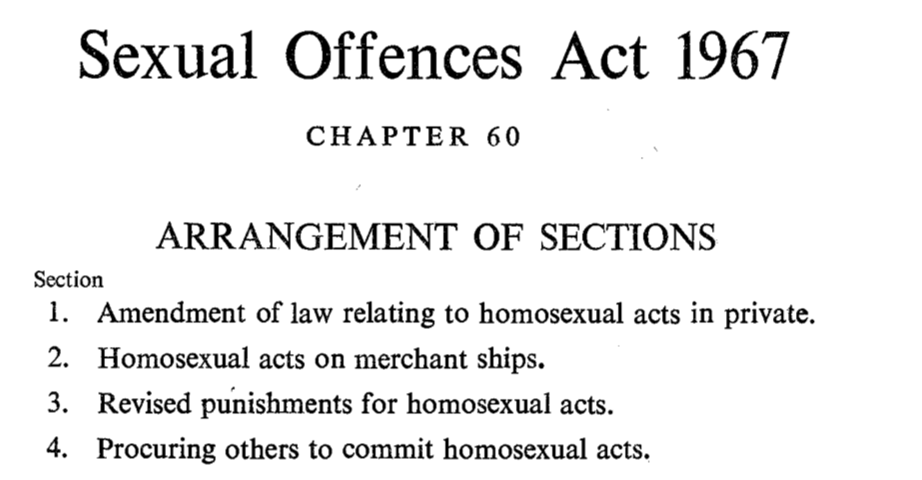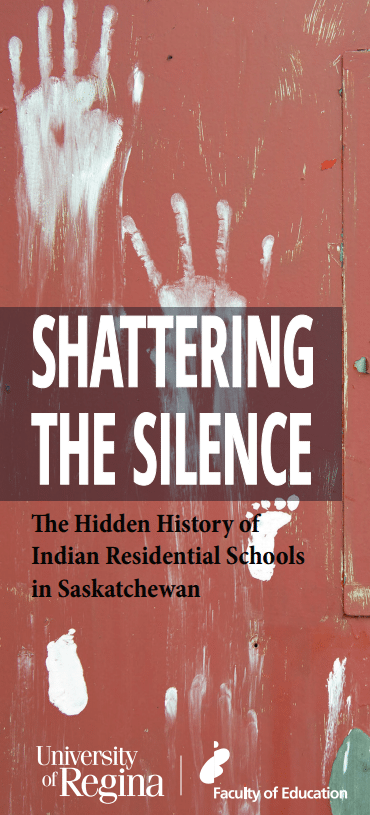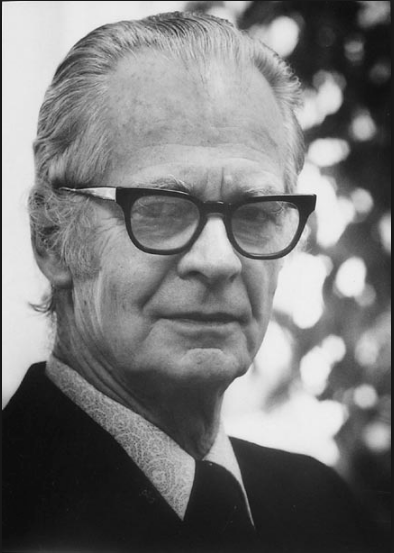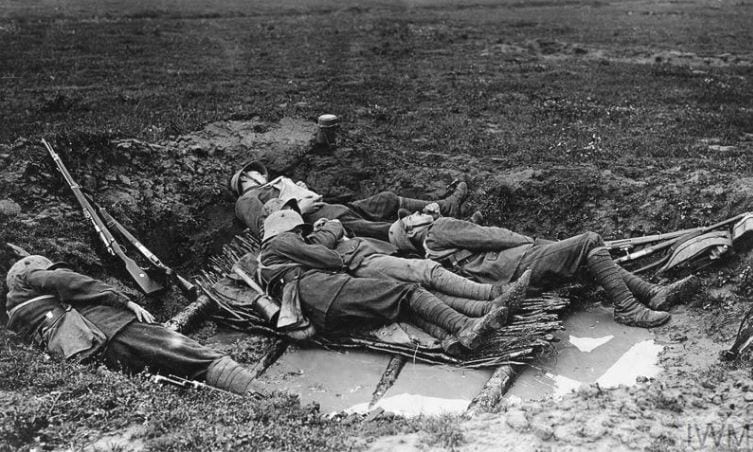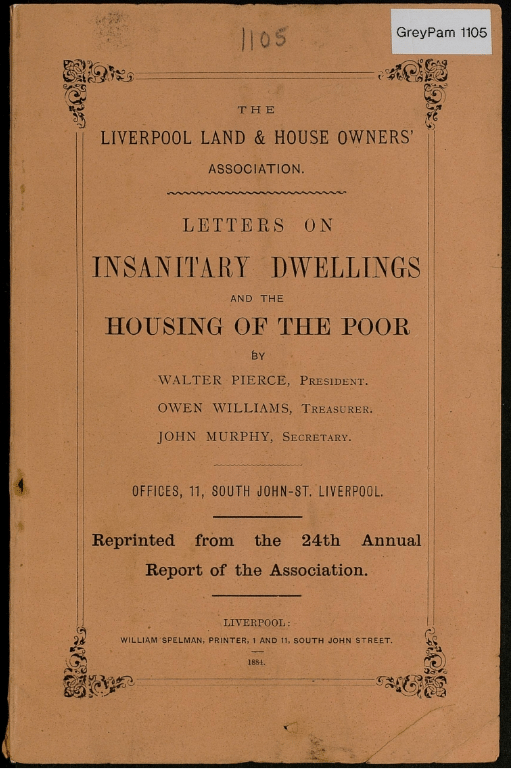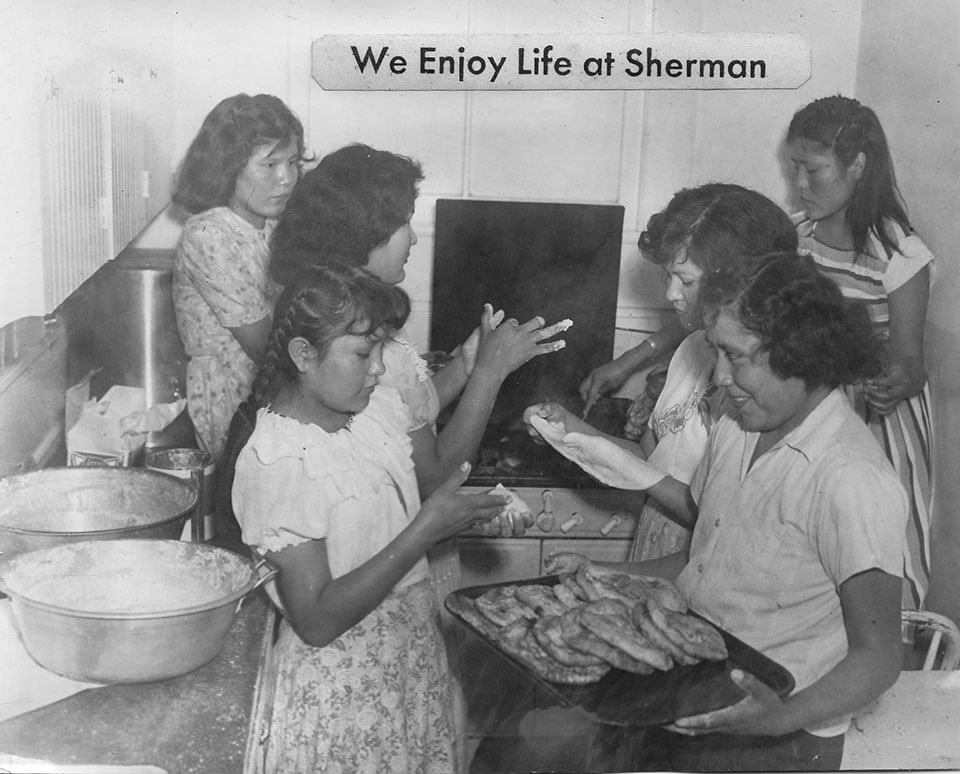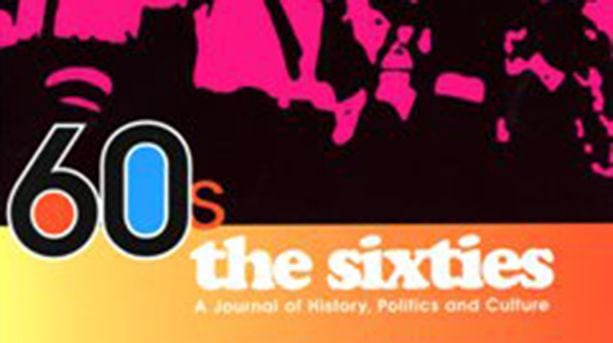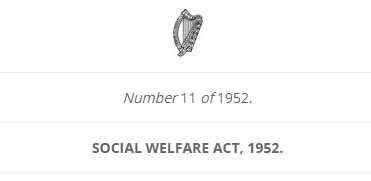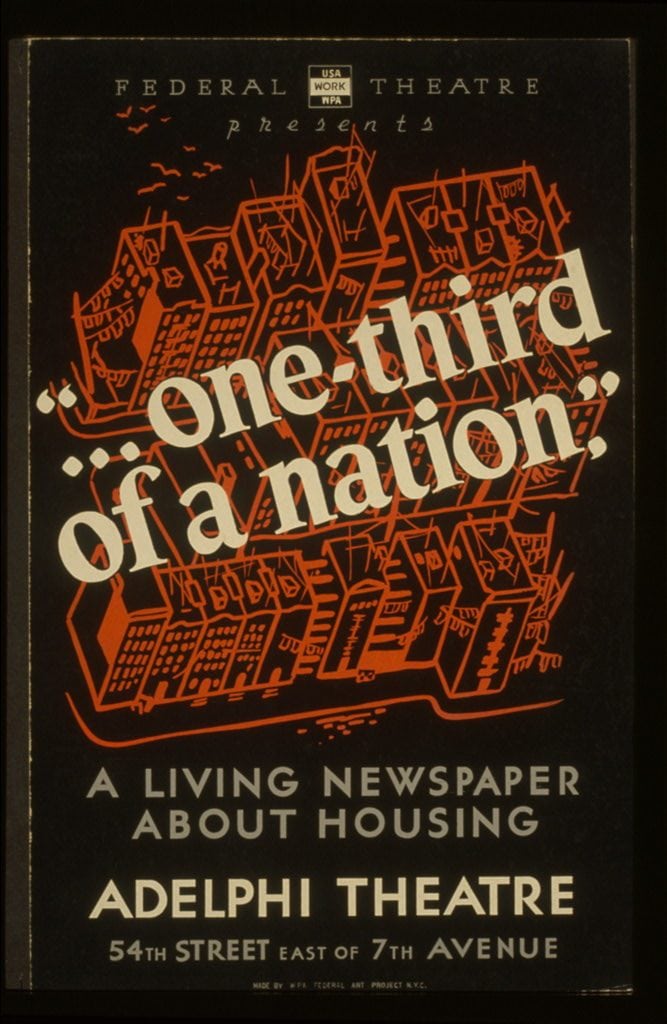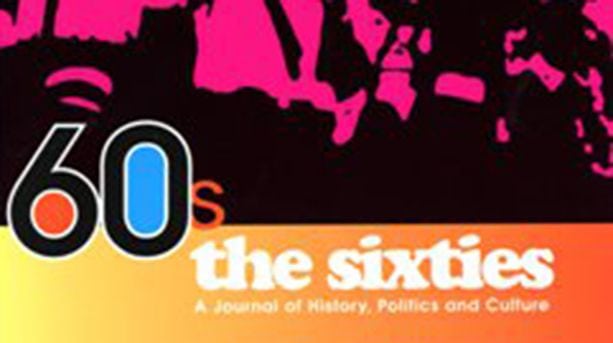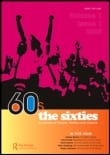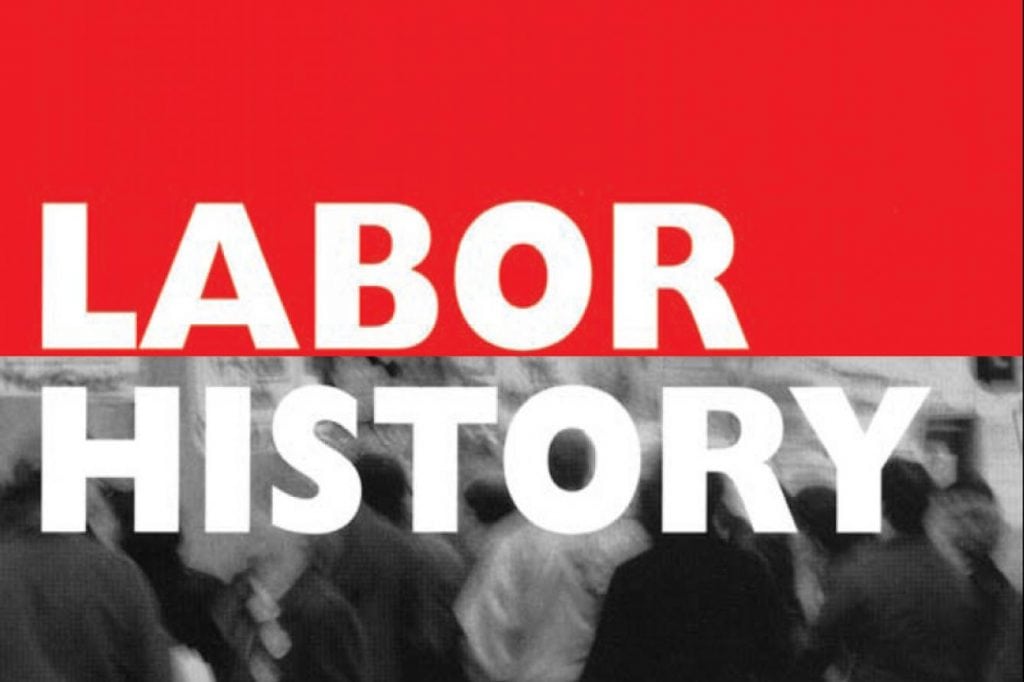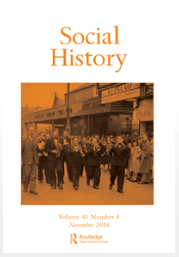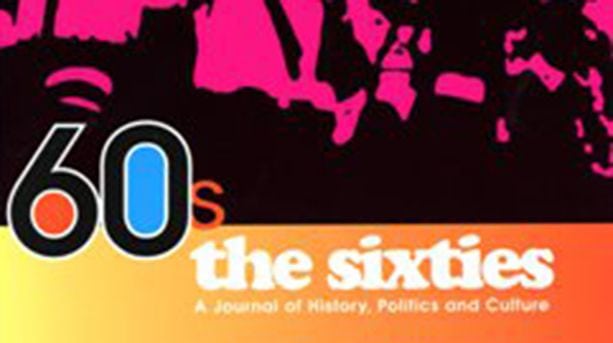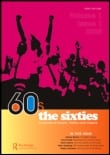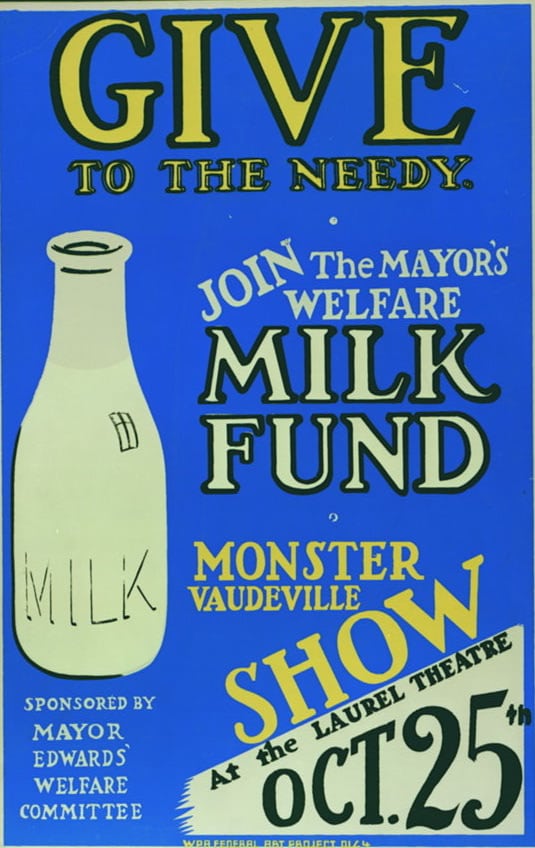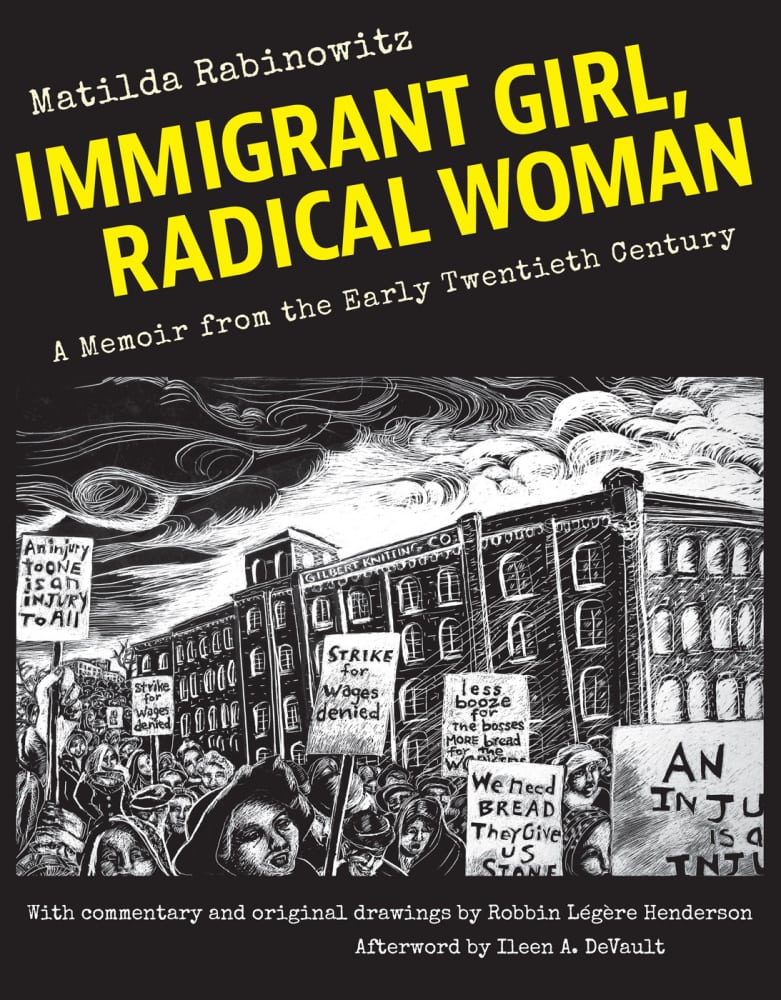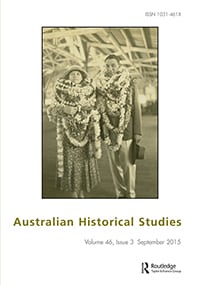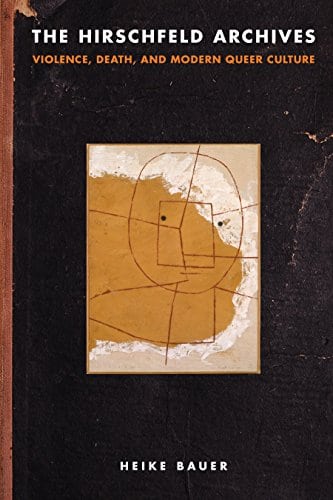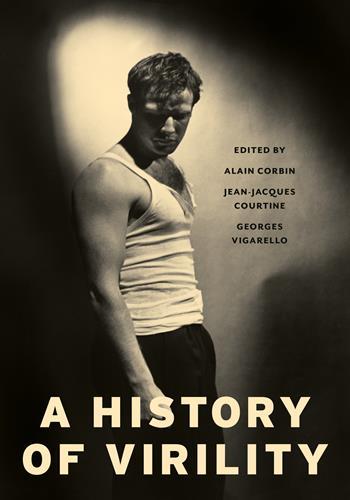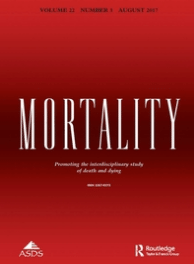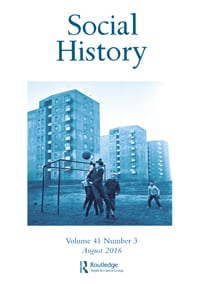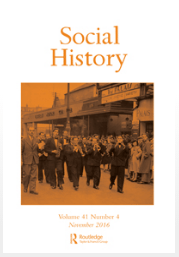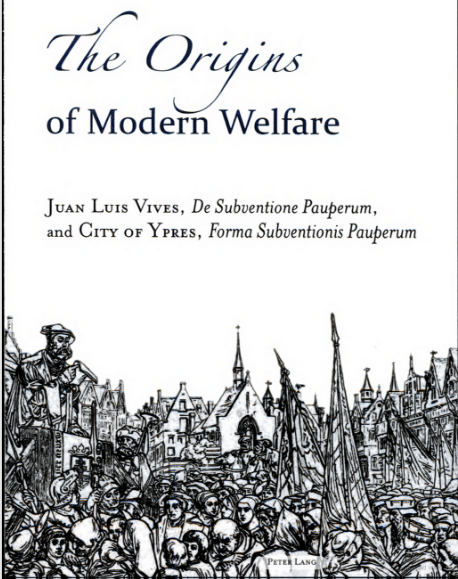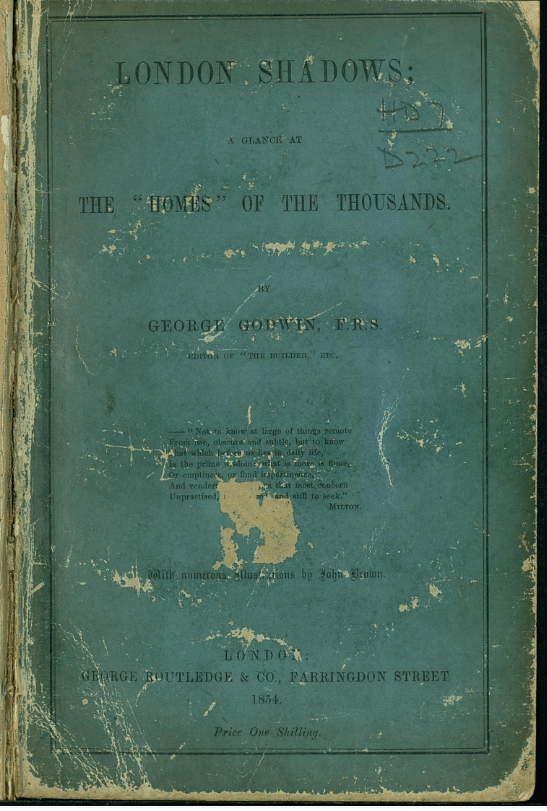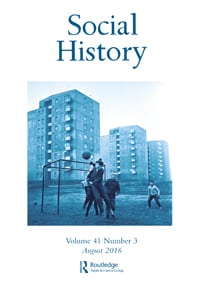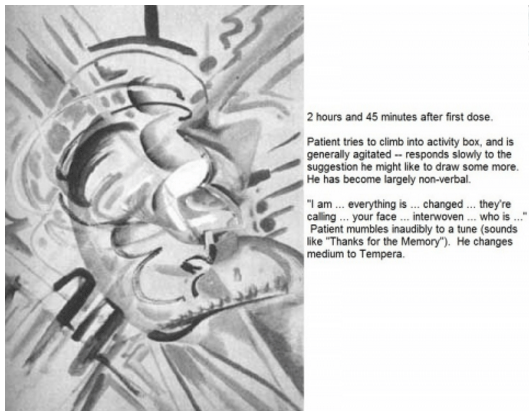Soldiers taking suspects to prison during an anti-Communist crackdown in which some 500,000 Indonesians were killed, Jakarta, October 30, 1965
The Making of Burnout: From Social Change to Self-Awareness in the Postwar United States, 1970–82
Psyche on the Skin: A History of Self-Harm
Global mental health, autonomy and medical paternalism: reconstructing the ‘French ethical tradition’ in psychiatry
Residential Schools in Canada: An Education Guide
Medical History’s Moment in Art Photography (1920 to 1950): How Lejaren à Hiller and Valentino Sarra Created a Fashion for Scenes of Early Surgery
The Sexual Offences Act 1967. Part 2: Wolfenden’s silent women
Shattering the Silence
B. F. Skinner and technology’s nation: Technocracy, social engineering, and the good life in 20th-century America
Moral insanity and psychological disorder: the hybrid roots of psychiatry
Sandor Rado, American psychoanalysis, and the question of bisexuality
Nerves and War. Psychological Experiences of Mobilization and Suffering in Germany, 1900-1933
Letters on insanitary dwellings and the housing of the poor (1884)
Donnacha Seán Lucey. The End of the Irish Poor Law: Welfare and Healthcare Reform in Revolutionary and Independent Ireland
Your family needs protection against syphilis Your wife or husband and children should be examined and treated if necessary.
Where Native Kids Were Sent To Be Americanized
Rebellion and Reconstruction in Newark
Irish Social Welfare Act, 1952
Florence Kelley (1859 – 1932): Social Reformer, Child Welfare Advocate, Socialist and Pacifist
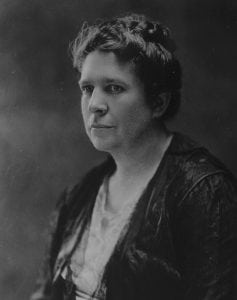 Social Welfare History Project/LoC
Social Welfare History Project/LoC
In 1891 Kelley joined Jane Addams, Julia Lathrop, Ellen Gates Starr, and other women at Hull House. Kelley’s first job after coming to the Hull House settlement was to visit the area around the settlement, surveying the working conditions in local factories. She found children as young as three or four working in tenement sweatshops.
Federal Theatre presents “… one-third of a nation” A living newspaper about housing
The Last Great Strike: Little Steel, The CIO, and the Struggle for Labor Rights in New Deal America
Suppose They Are Communists! The Unemployed Councils and the 1933 Chicago Sopkin Dressmakers’ Strike
Oliver Sacks (1933–2015): A belated obituary
Irish evictions (1887)
The draft and the Vietnam generation
Expanding the anti-Vietnam War movement
Workers and trade unions for climate solidarity: tackling climate change in a neoliberal world
Law, Crime and Deviance since 1700: micro-studies in the history of crime
1966: the year the decade exploded
Tom Hayden (1939–2016): history is like a river
Sexual Forensics in Victorian and Edwardian England: Age, Crime and Consent in the Courts
Public Welfare
Immigrant Girl, Radical Woman: A Memoir from the Early Twentieth Century
Black British politics and the anti-apartheid struggle
Voluntary Organisations and the Assimilation of Non-British Migrant Women in Rural Australia: The Efforts of the Country Women’s Association of New South Wales 1952–66
Tax policy and tax protest in 20 rich democracies, 1980–2010
The Hirschfeld Archives : Violence, Death, and Modern Queer Culture
A History of Virility
Homeland ritualised: an analysis of written messages placed at temporary memorials after the terrorist attacks on 22 July 2011 in Norway
The Lost Children of Tuam
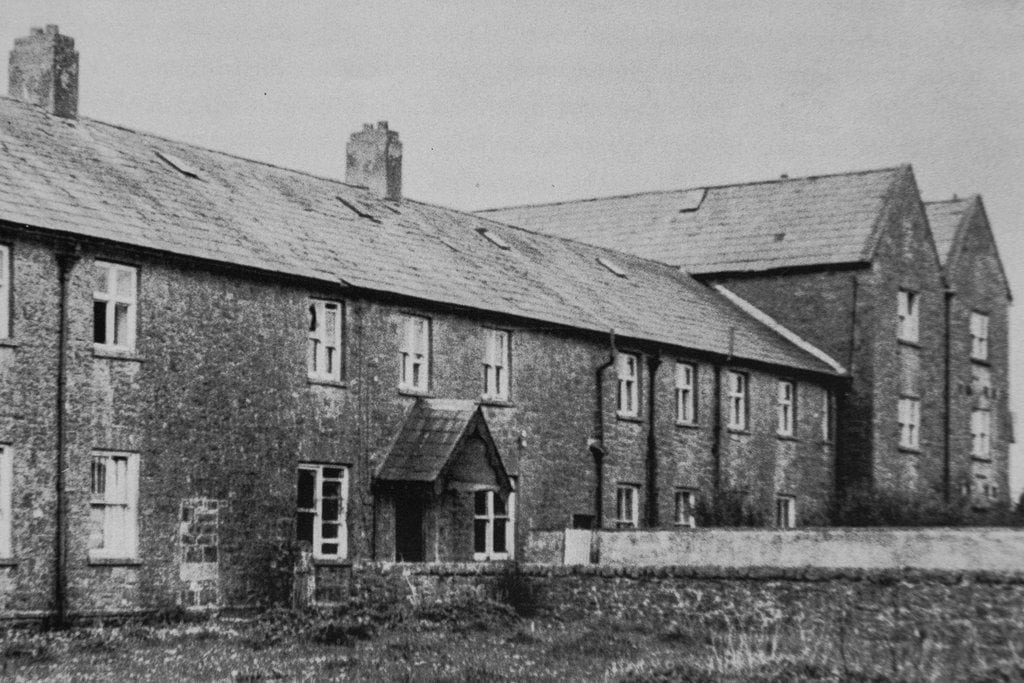
NYT | N O'Donoghue
Ireland wanted to forget. But the dead don’t always stay buried. Above: St. Mary’s Mother and Baby Home


